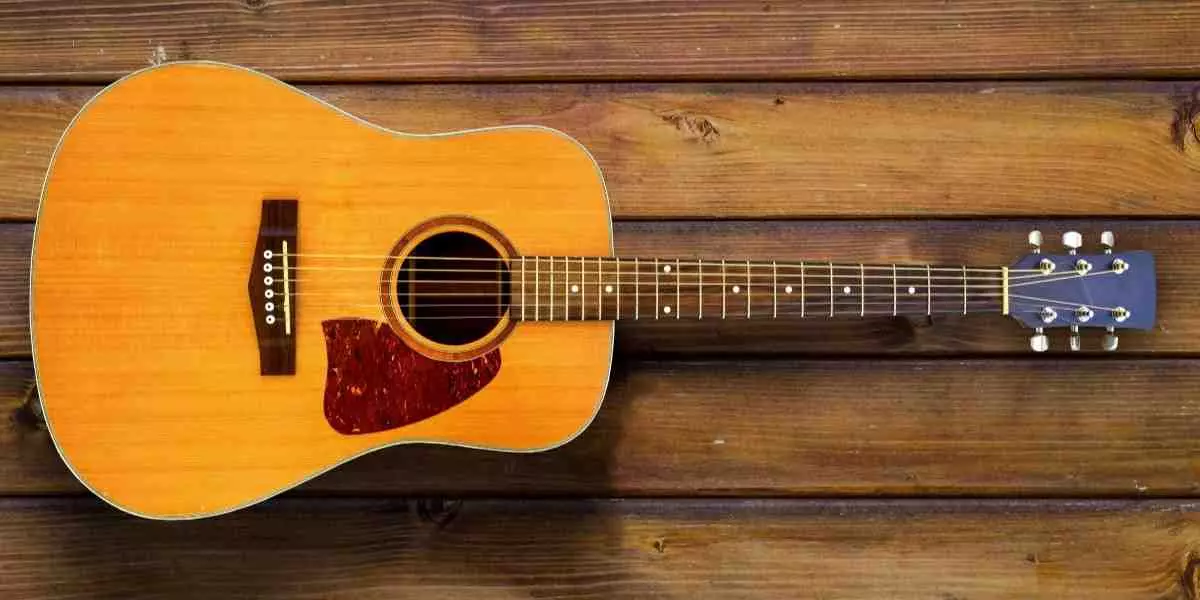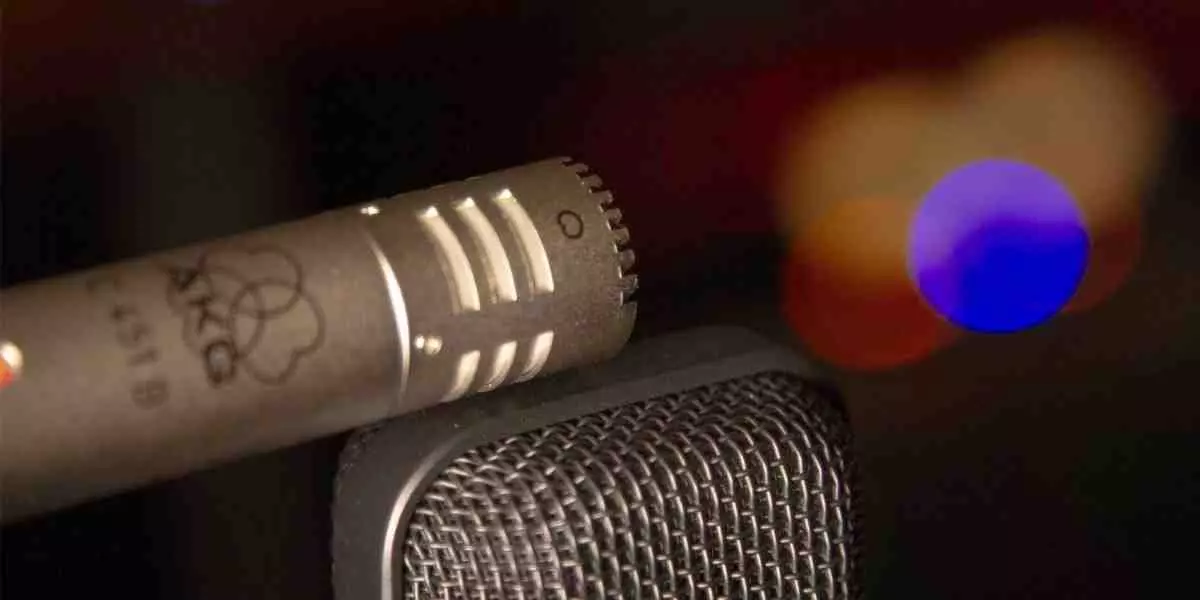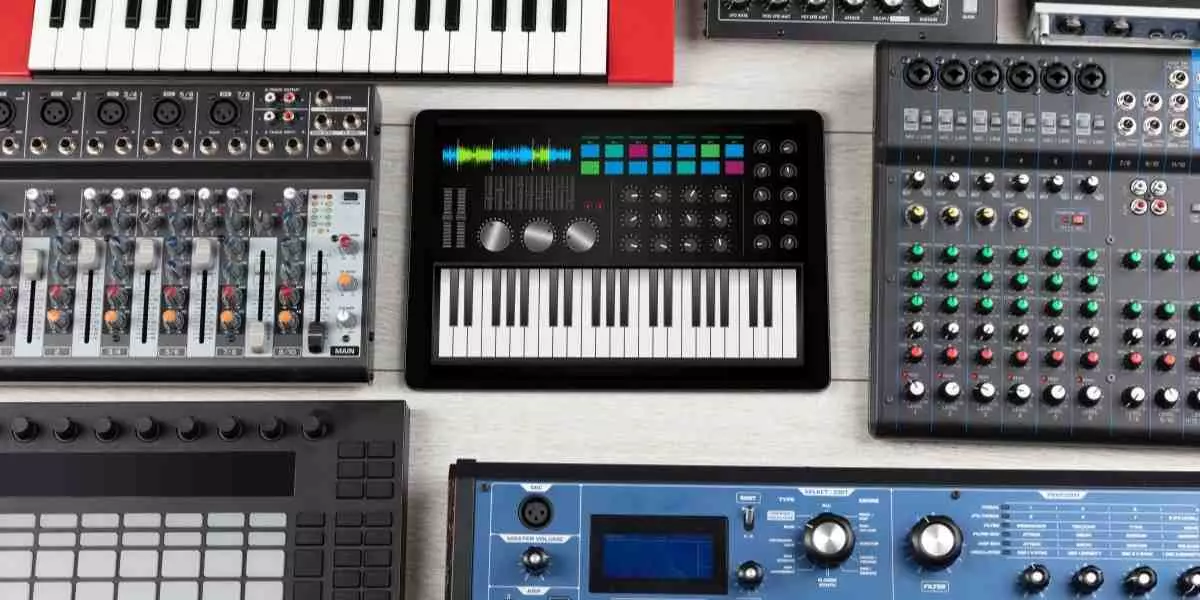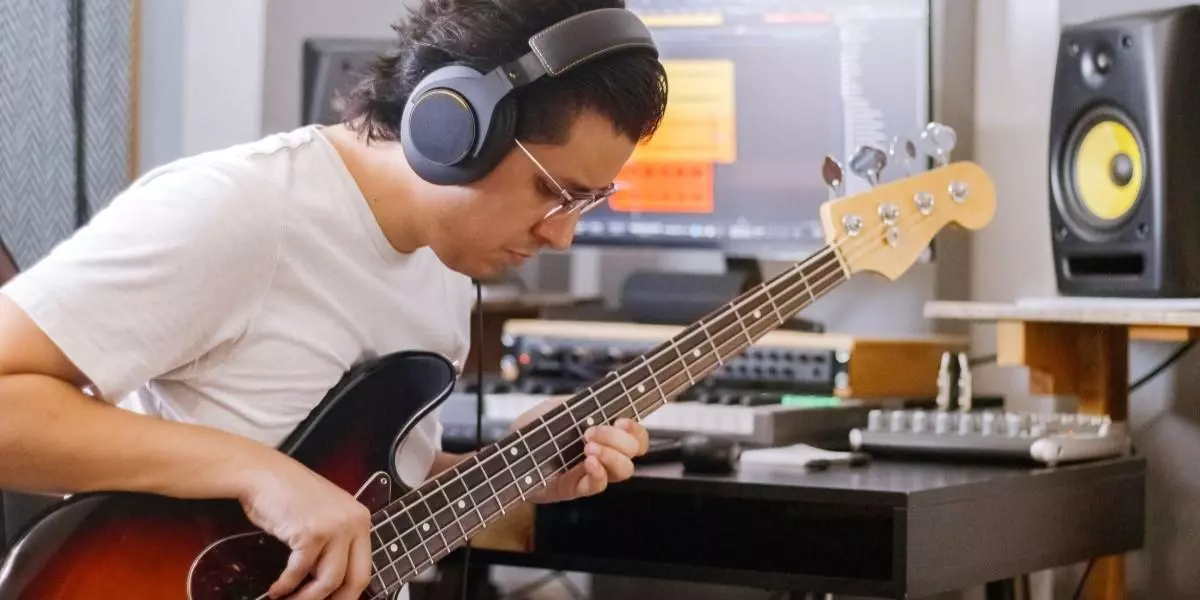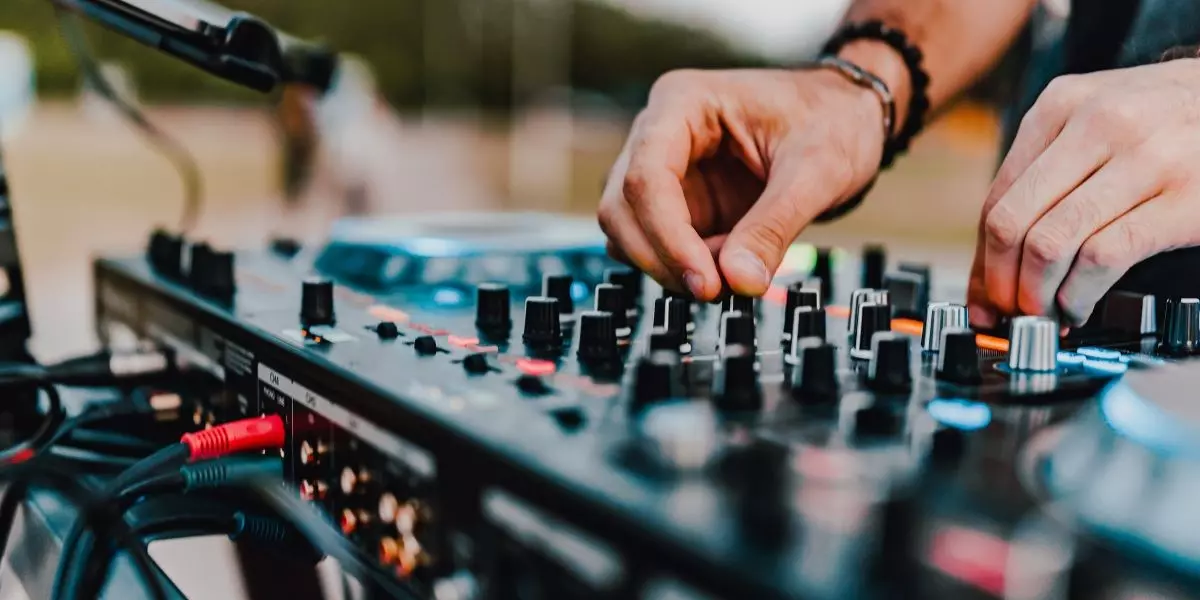The One-Man Bandwagon: Loopers Come of Age
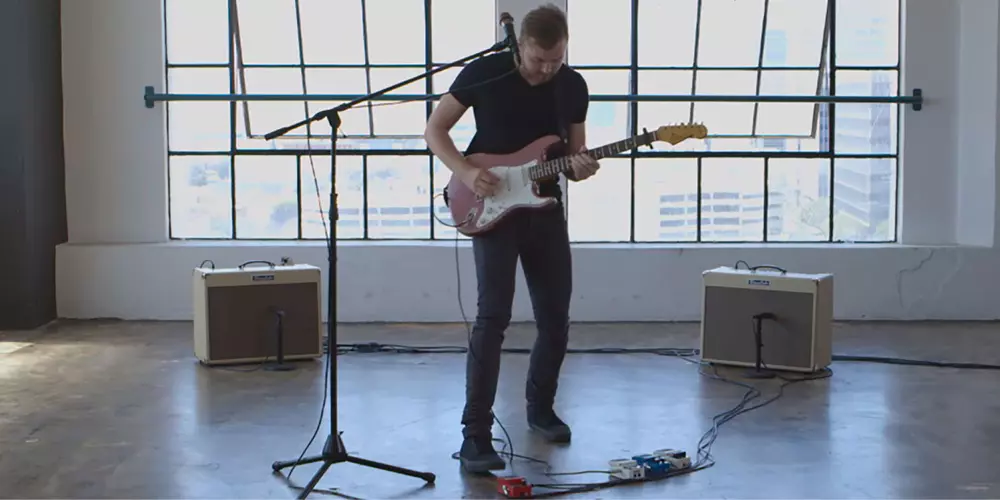
Innovative loop artists such as Annie Clark (St. Vincent) and Toronto's Owen Pallett (Final Fantasy) have helped introduce "live looping" to a wider audience.
Using analog tape decks for delay effects and to record and play back music loops has been a hallmark of experimental music since the 1950s. But in recent years a new generation of digital recording devices for guitar, voice, and other instruments has brought looping into the mainstream.
No longer expensive, cumbersome and notoriously unreliable, loopers have become an increasingly useful and affordable tool for home, studio, and performing musicians.
The ability to record and play back music loops is just the beginning of what today's loopers have to offer, allowing artists to take their creativity to new and exciting heights.
Main Features of Today's Loopers
Retro-coolness aside, in practical terms, loopers have evolved into versatile devices with functionality and features the early tape loop pioneers could scarcely have imagined:
• The length of recorded loops can be hours, not just a few seconds. Duration is limited only by the device's internal and card-extended memory.
• Instrumental phrases can be overdubbed and layered in real time. Unlike sound layers melded irretrievably together onto analog tape, tracks can be redone and mistakes fixed with the click of a footswitch.
• Synchronizing tape loops to previously recorded loops or music tracks used to be painstaking and time consuming, if not impossible. Digital loopers can now record to exact beats and measures, as well as be synchronized to drum machines and sequencers.
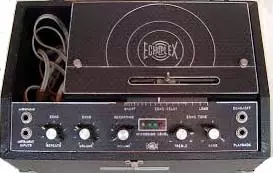
The original Echoplex, first manufactured in 1959, set the standard for tape delay effects, and for decades was the choice of innovative musicians from Miles Davis to Neil Young.
• Recorded phrases can be sliced, diced, and radically manipulated on the fly, as well as transferred to a computer for additional editing and fine-tuning.
• Loopers are a terrific learning aid – players can be their own band-in-a-box and create custom "music minus one" backing tracks to practice and rehearse with.
Why Not Just Use a Computer?
Working with a looper is much more tactile, immediate and interactive than playing along to pre-recorded or sequenced backing tracks, and arguably more reliable than a computer in live playing situations.
While loopers are designed to repeat recorded phrases with digital precision, "live looping" performances can have a spontaneous, improvised feel, which helps capture the mood of the moment, and engage audiences.
For this reason, singer-songwriters, one-person bands, and other solo performers have increasingly embraced the technology.
As characterized by British guitar player and loop aficionado Robert Fripp, "It's a way for one person to make an awful lot of noise. Wonderful!"

Leading Loopers
There are currently dozens of devices on the market. Manufactured by companies such as Roland, DigiTech, Electro-Harmonix and Line 6, they range from one-switch pedals with a few minutes of recording time to more sophisticated floorboard units with multiple stereo tracks, memory-card expansion, built-in drum tracks, audio effects, MIDI-clock synchronization, and computer connectivity.

Loopers are also available as VST and Audio Unit plug-ins for Ableton Live, Logic Studio and other computer recording programs. However, while offering complex features hard to match in a footswitch, the majority of plug-ins are designed to be used in a more controlled studio environment, and for live looping generally require the addition of a hardware pedalboard.

